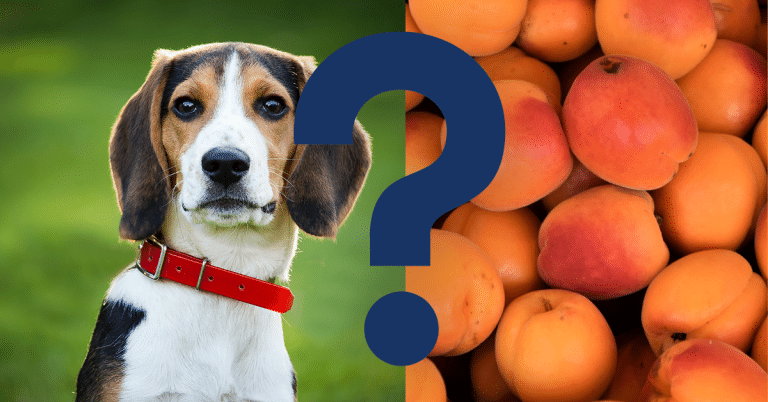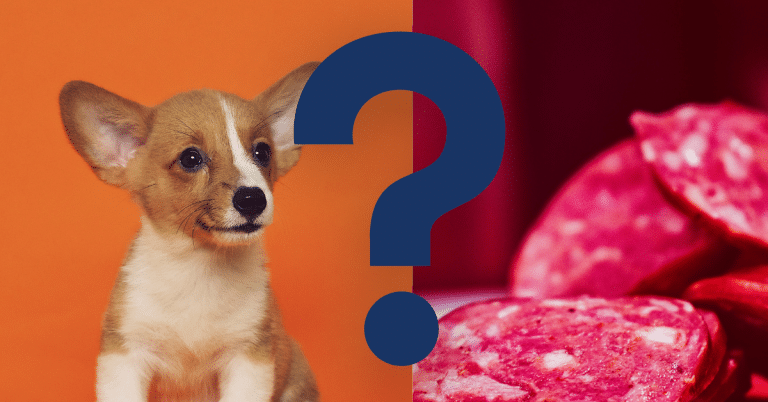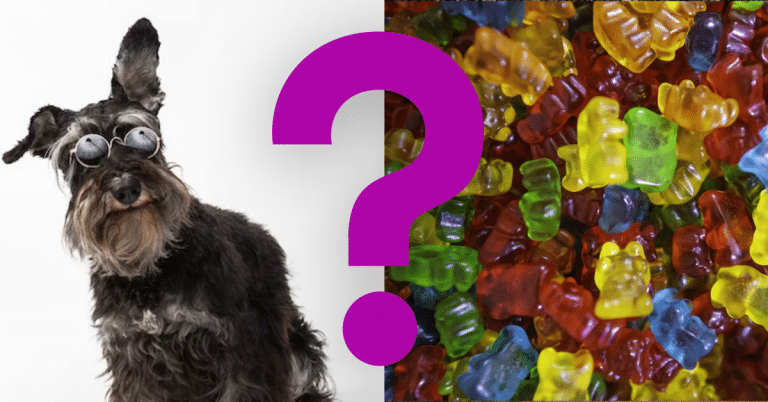Can Dogs Eat Pecans? A Vet’s Opinion

Pecans are tree nuts rich in protein, fiber, copper, thiamine, zinc, and other essential nutrients. But can you feed pecans to your dog?
No, it is not advised to give pets pecans. Pecans contain a lot of fat, which can upset the stomach and possibly trigger pancreatitis in dogs. Pecans can also be challenging for dogs to process and may result in a blockage in their digestive system. If your canine inadvertently eats pecans, look for vomiting, diarrhea, or abdominal discomfort symptoms and seek medical advice if any of these appear. It is always best to follow a diet that is nutritionally complete, well-balanced, and tailored to the requirements of your dog.
Benefits Of Pecans For Dogs
Here are some possible advantages of nuts that are safe for dogs to consume in moderation, even though pecans are not advised.
In moderation, nuts like almonds, cashews, and peanuts can be a healthy and nourishing addition to a dog’s diet. Here are a few advantages:
Protein
Nuts are an excellent supply of plant-based protein, crucial for canine muscle growth and general health.
Healthy Fats
Many nuts contain monounsaturated and polyunsaturated fats, supporting cardiovascular health and encouraging healthy skin and coat.
Vitamins And Minerals
Various vitamins and minerals, such as vitamin E, magnesium, and phosphorus, are present in nuts and are crucial for canines’ general health and well-being.
Antioxidants
Some nuts, like almonds and pecans, have antioxidants to help prevent cellular deterioration and support a robust immune system.
Nuts should only be provided to your dog occasionally because they are high in calories and fat and shouldn’t be a regular part of their diet. Dogs who consume too many nuts may experience digestive distress, weight increase, and other health problems. Macadamia nuts, for example, are toxic to canines and should never be given to them. Be sure to talk to your vet before introducing new items to your dog’s diet.

How To Safely Give Pecans To Dogs
As previously stated, pecans are not advised for dogs due to their high-fat content and propensity to upset or obstruct the digestive system. However, if you decide to continue feeding pecans to your canine, remember the following:
Limit The Intake
Because pecans are high in oil, it’s crucial to restrict your dog’s consumption. You should provide a small amount (one or two pieces) as an occasional treat.
Remove The Shell
Pecan shells may cause intestinal obstruction and pose a choking danger. Before feeding your canine a pecan, permanently remove the shell.
Chop Into Small Pieces
Reduce the risk of choking by chopping pecans into small pieces. It will make them simpler for your dog to digest.
Watch For Adverse Reactions
After feeding your dog pecans, watch for any symptoms of digestive upset, such as vomiting, diarrhea, or abdominal discomfort. You should cease feeding your dog pecans and seek medical advice if any of these symptoms appear.
It’s crucial to remember that while dogs, in moderation, can consume some nuts without damage or even death, others are toxic and should not be given to them. For instance, macadamia nuts have been linked to neurological signs like depression, weakness, and muscle tremors. Before adding new foods to your dog’s diet, study and speak with your veterinarian.
Will Pecans Make A Dog Sick?
Yes, nuts may cause a dog’s illness. Due to their high-fat content, pecans can upset a dog’s digestive system and result in symptoms like vomiting, diarrhea, or abdominal discomfort. Additionally, excessive or shell-on pecan consumption by dogs can result in intestinal blockage or obstruction, a medical emergency requiring prompt veterinarian care. Giving pecans to dogs also carries the danger of pancreatitis, an inflammatory disease resulting in severe abdominal pain, vomiting, and diarrhea. Pecans are a high-fat food, and giving dogs an excessive amount of high-fat food can increase their chance of developing pancreatitis.
In addition to the dangers mentioned earlier, some dogs may experience an allergic response to pecans. Itching, hives, swelling, breathing difficulties, and in severe cases, anaphylactic shock, a life-threatening emergency, are all indications of an allergic response. In conclusion, even though pecans are not considered toxic to dogs, they are not advisable to consume them because they may cause digestive problems, obstructions, pancreatitis, and allergic reactions. If your dog ingests pecans by mistake or displays any symptoms of illness after eating pecans, seek guidance from your veterinarian.
Can dogs eat pecan variations?
It’s crucial to remember that even though some pecan varieties, like roasted or salted pecans, may be safe for dogs to consume in moderation, they are not suggested as a regular part of your dog’s diet. The following points should be remembered:
Roasted pecans: Although roasted pecans are generally coated in oils, salt, or other seasonings that may not be good for your dog’s health, they are still safe for canines to consume in moderation. Before feeding your dog any roasted pecans, always read the ingredient list and avoid any with extra oils, salt, or other potentially harmful ingredients.
Sweetened pecans: Pecans that have been sweetened with sugar, honey, or other sweeteners should not be consumed by dogs because they may result in dental issues, weight increase, and other health problems.
Spicy pecans: Spice- or other seasoning-flavored pecans may contain poisonous substances to canines, such as onions, garlic, or other toxic foods. Before feeding your dog any flavored pecans, always review the ingredients list.
In conclusion, while some kinds of pecans might be okay for dogs to consume in moderation, it’s essential to look at the ingredients list and avoid any that have added oils, salt, sugar, or other harmful ingredients. Pecans are also fat and can upset your dog’s stomach, so it’s best to limit how many you give your dog and only give them as treats occasionally. Consult your veterinarian if you need clarification on whether a specific variety of pecans is suitable for your dog to consume.

Vet’s Summary
In summary, even though pecans are not considered toxic to dogs, it is not advisable for dogs to consume them due to their high-fat content, the possibility of digestive upset or obstruction, the possibility of pancreatitis, and the possibility of allergic reactions. Dogs can occasionally receive small amounts of pecans as a treat. Still, removing the shell, chopping the nuts into manageable bits, and overseeing your dog for any symptoms of digestive upset or adverse reactions are essential. Pecan variations like salted or roasted pecans should be shunned or used sparingly.
Probiotic supplements might be helpful if your canine gets an upset stomach after eating pecans or any other food. To maintain a healthy gut flora, which can enhance digestion and strengthen the immune system, probiotics, which are good bacteria that reside in the digestive tract, can be used. Probiotic supplements come in various forms, including capsules, powders, and treats, and can be bought over the counter or prescribed by a veterinarian. However, it’s crucial to speak with your vet before offering your dog any supplements to ensure they are secure and suitable for their particular requirements.
Videos To Watch
If you are wondering if you can give your dog pecans, watch this:
And if you want to know what a dog can NOT eat, watch this:






